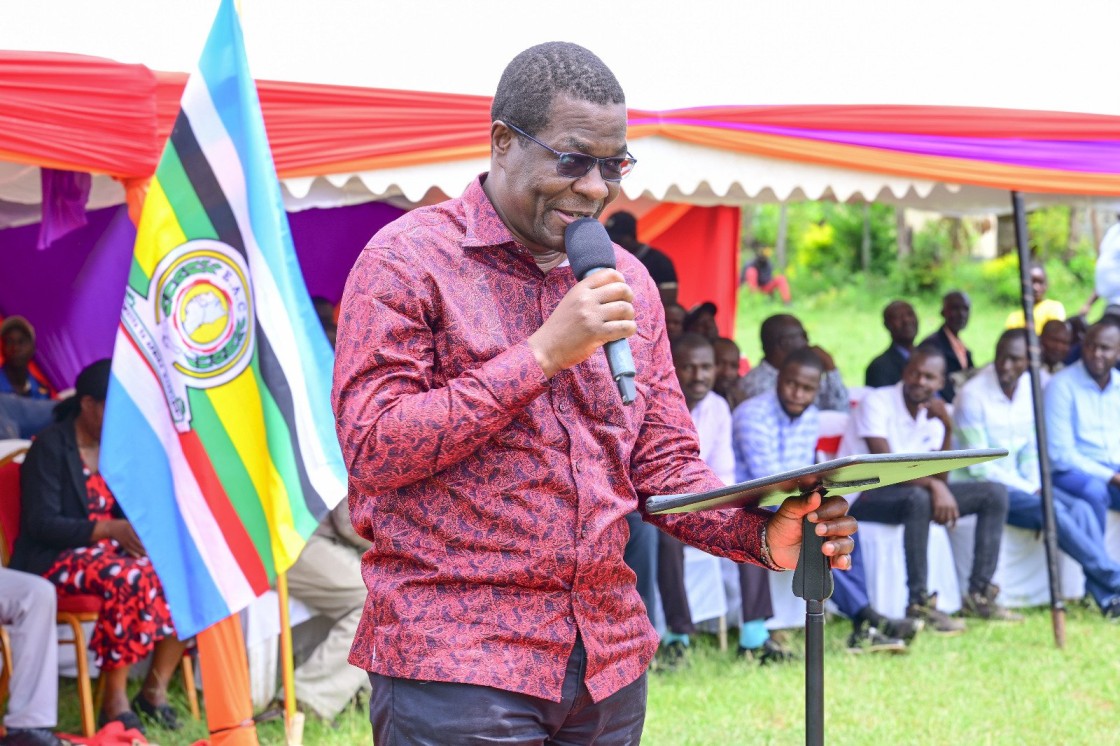A new nationwide initiative launched by the Energy and Petroleum Regulatory Authority (EPRA) has raised alarm over the lack of safety awareness among users of gas and electricity, urging Kenyans to be more cautious in handling these essential products.
The Kaa Safe Mtaani campaign, unveiled during a community event on Tuesday, is a partnership between the government and key stakeholders in the energy sector.
It aims to improve public knowledge on how to safely use electricity, gas, and petroleum products at home and in business settings.
Energy Cabinet Secretary Opiyo Wandayi said the campaign is part of a wider government plan to shift towards clean energy and reduce emissions.
"Today, less than one per cent of Kenyans use electricity as their main cooking fuel. We purpose to electrify most cooking needs by 2050 as part of our national drive towards net-zero emissions," he said.
EPRA Director General Daniel Kiptoo said the agency is prioritising safety education to influence public behaviour and policy.
"The long-term output of the Kaa Safe Mtaani campaign is expected to translate to an adherence to safety protocol to reduce accidents and incidents within the energy and petroleum sectors," Kiptoo stated.
The campaign also brings attention to the unsafe transportation and storage of cooking gas cylinders.
Often, gas is transported by riders who place the cylinders on their sides, and at home, many people store them right next to the cooker.
Regulators recommend storing gas outside or ensuring at least a 30cm gap between the cylinder and the cooker indoors.
Petroleum PS Mohamed Liban said many lives are at risk due to ignorance and unsafe practices, including the dangerous habit of siphoning gas from accident scenes.
"As a ministry, we can create very good policy and procedures for industries and users, but it is not enough. What is more important is for each one of us to hold hands and make sure we move this campaign to all the users," Liban said.
In Nairobi’s Kariobangi South, Chief Jane Muthoni said even traders are not setting good examples, citing cases where firefighting equipment is stored far from gas supplies.
She also criticised motorists who drive too close to tankers transporting LPG or petroleum.
"Sometimes I see us getting into very close proximity even to tankers which have a sign of fire [displayed] at the back; and I ask myself, do motorists imagine this is an emoji that is drawn behind the lorry, that you cannot even keep distance and let it go, because what it is carrying is combustible," she said.

